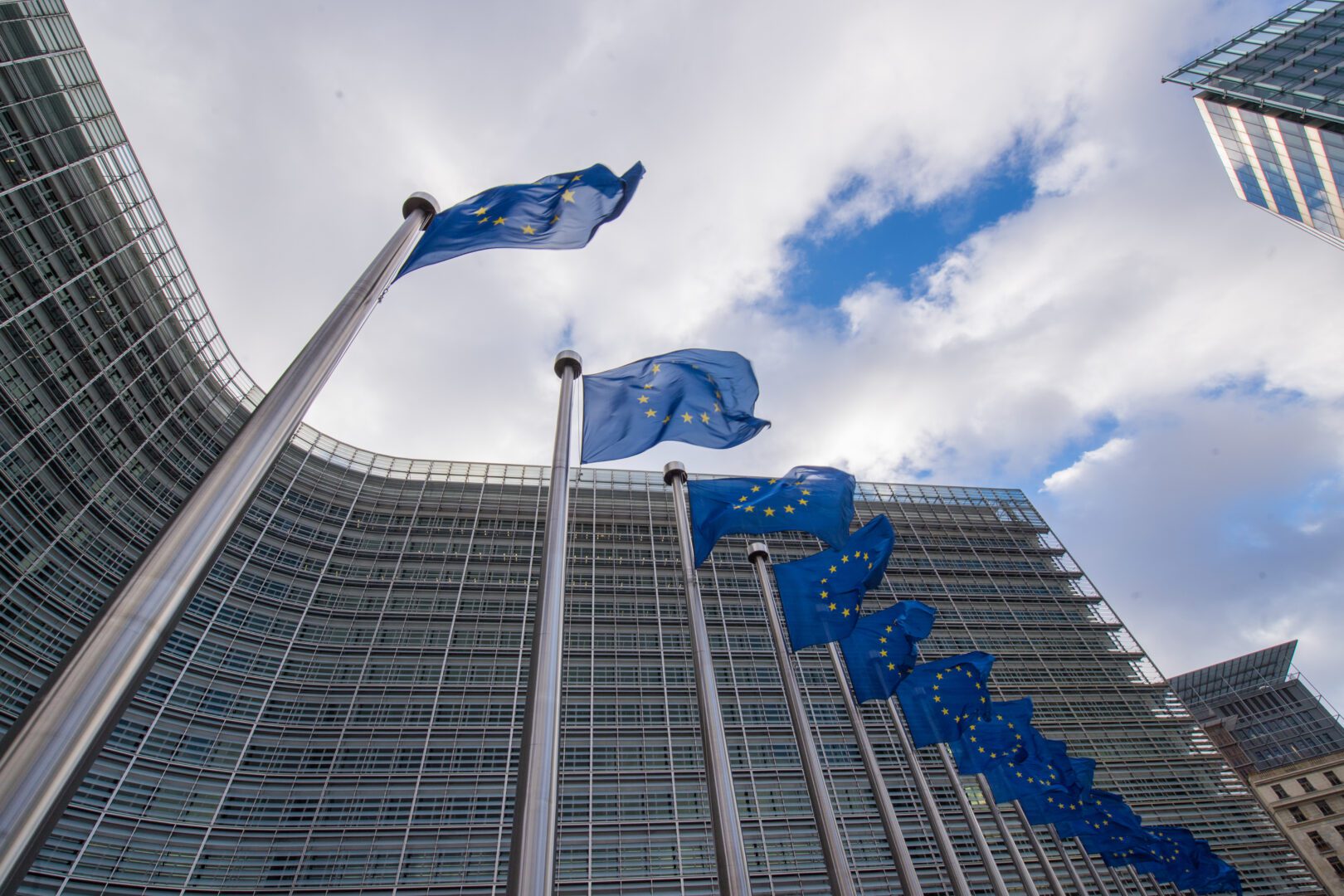The EU Commission’s 2040 climate proposal provides good guidelines for the future
The Commission’s proposal is ambitious and its achievement requires the utilization of all emission-reducing technologies. When implemented correctly, energy and climate policy not only reduces emissions, but also creates good conditions for green growth and improves Europe’s energy self-sufficiency and security of supply.
The Commission today published the Europe’s climate target for 2040 and path to climate neutrality by 2050. The communication presents a net emission reduction target of 90% compared to 1990. In addition, the Commission assures that the current legislation reaching 2030 will remain. Its complete implementation is a prerequisite for achieving the 2040 target. Together with the 2040 climate target, the Commission also published a new strategy for Industrial Carbon Management.
According to Kati Ruohomäki, Chief Policy Adviser at the Confederation of Finnish Industries, the Commission’s proposal provides good guidelines for the future:
“We have now received good guidelines for the new five-year term of the EU starting after the European Parliament elections. This will provide an opportunity to reform the key tools and principles of the EU’s energy and climate policy for the period 2031–2040. The Commission’s message of legislative continuity and stability was also important: the 2030 legislation will not be reopened, but its full implementation will be emphasised.”
The Commission’s emission reduction percentage is within the range we had presented in a view published by the Confederation of Finnish Industries together with other Nordic business organisations in November 2023, comments Ruohomäki:
“As a minimum, the 2040 target should follow the average trajectory between 2030 and climate neutrality by 2050, or be even higher depending on the functionality of the overall framework and measures. It is also important to carry out impact assessments for Member State level, as the Commission carries them out at European level. “
“More than ever, it must be ensured that the green transition strengthens the EU’s economic growth and international competitiveness”, Ruohomäki says. The Commission’s communication contains good building blocks for this, if the EU is willing to reduce the too detailed regulation and the large number of targets.”
The Commission’s industrial carbon management strategy indicates the direction for the capture and storage or use of carbon dioxide in industrial value chains in the EU. EK sees it is valuable that the development of carbon dioxide recovery is recognized as an important priority. The use of bio-based carbon dioxide, which could be used to replace fossil carbon sources in various applications from the chemical industry to synthetic fuels, is an interesting possibility for Finland. It is great that the Commission is trying to speed up development in this area.
Official proposals on energy and climate policy objectives and legislation for the period 2031–2040 will only be made by the next Commission in 2025–2026. After which they will proceed to the EU Parliament and Member Staters for their consideration.
Confederation of Finnish Industries’ proposals for reforming the EU’s energy and climate policy for 2031–2040:
- Only one binding climate target for the EU by 2040: a net reduction in greenhouse gas emissions covering both emission reductions and carbon removals. As a minimum, the 2040 target should follow the average trajectory between 2030 and climate neutrality in 2050 or have even higher ambition depending on the functionality of the whole framework and measures.
- Large-scale electrification is essential for the decarbonisation of society. Therefore, nuclear power should be treated as a low-carbon energy source alongside renewable energy.
- EU regulations should enable the adoption of all new climate technologies, such as technical removals and sinks, (carbon capture, storage and reuse of carbon).
- The green transition will significantly increase the use of clean electricity. Therefore, the EU’s energy consumption reduction target should focus only on fossil energy, or it should be converted to promote energy efficiency in a better way.
- Voluntary energy efficiency agreements between companies and the ministry have delivered excellent results in Finland for over 20 years, and the EU should allow this flexible tool to continue beyond 2030.
